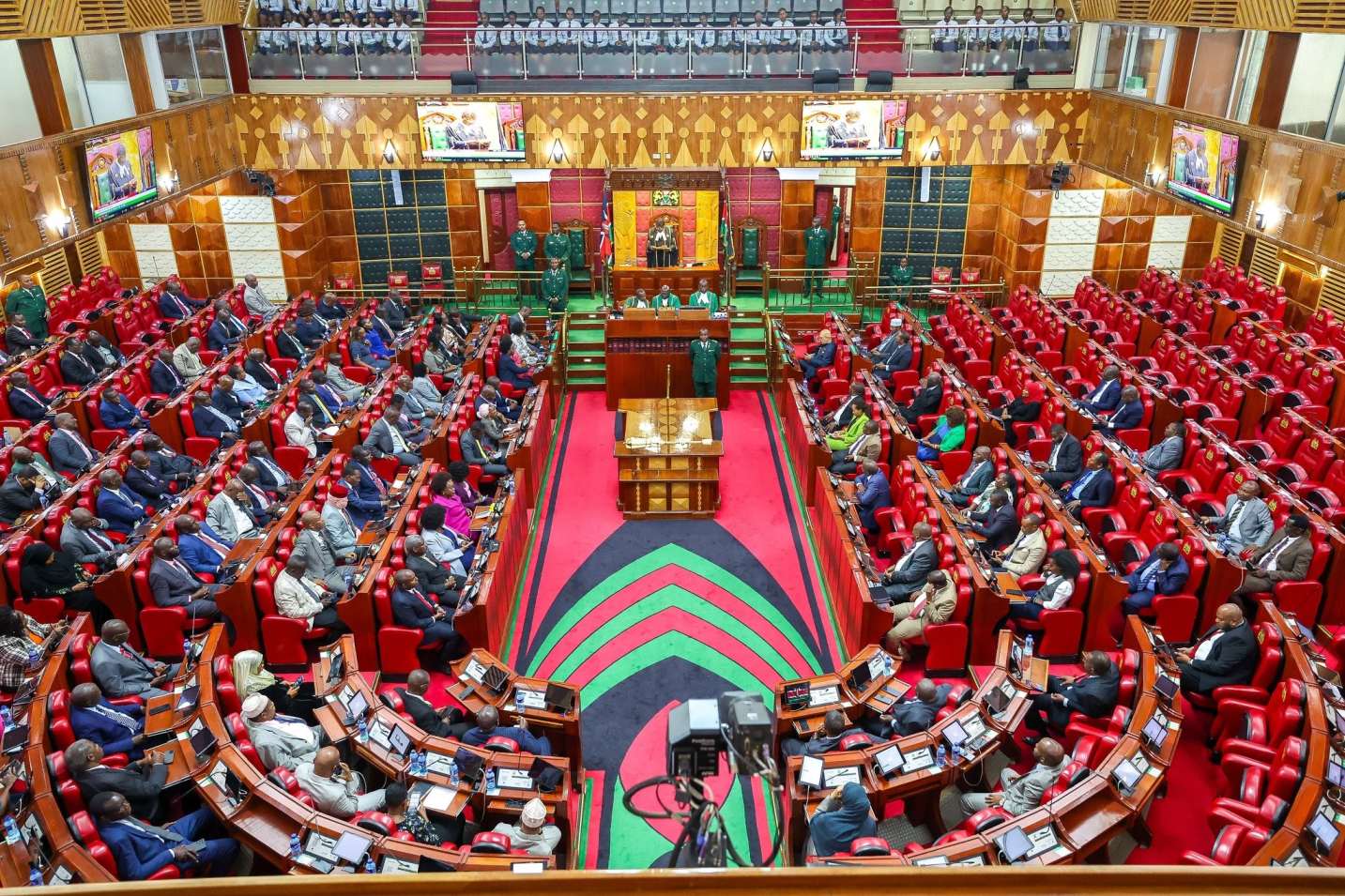MPs launch probe into multi-billion tender over import of damaged cars

The findings of the investigation could shape how the government contracts third-party service providers in the future
The National Assembly has opened a probe into a multi-billion-shilling government tender awarded to a Japanese firm for inspecting imported used vehicles, following growing concern that accident cars are finding their way into the country under the guise of meeting quality standards.
Senior officials from key government agencies have been summoned by the National Assembly’s Trade, Industry, and Cooperatives Committee to answer questions on how Quality Inspection Services Inc. Japan (QISJ) won the 2025–2028 Pre-Export Verification of Conformity (PVOC) contract.
The firm is responsible for checking the age, condition, and documentation of used vehicles before they are shipped into Kenya.
Those summoned include Industry Principal Secretary Juma Mukhwana, Kenya Bureau of Standards (KeBS) Managing Director Esther Ngari, and Kenya Accreditation Service (KENAS) Chief Executive Officer Walter Ongeti.
The committee, chaired by Shinyalu MP Bernard Shinali, wants a full explanation of how QISJ was selected from 19 local and international bidders who applied to offer verification services for imported vehicles. Questions have been raised over the transparency of the selection process and the capacity of QISJ to handle such a sensitive and large-scale assignment.
“We want to know how accident cars are slipping into the country disguised as used vehicles, yet we have stringent quality control mechanisms in place,” said Shinali.
Concerns grew after KeBS published a public notice on July 8, 2025, defending the selection of QISJ to handle inspection duties on behalf of the government. Despite the agency’s explanation, the committee has expressed doubts about the credibility of the procurement process and the coordination between KeBS and other state bodies.
The probe will also look into the role played by the Kenya Revenue Authority (KRA), the National Transport and Safety Authority (NTSA), KENAS, and any other agencies involved in verifying key aspects of used car imports, including their accident history and mileage records.
Lawmakers are also questioning whether QISJ has been properly accredited by KENAS or any recognized international body, and if not, why it was cleared to carry out such a critical task.
Another key issue is whether there are fair ways to settle disputes, particularly when QISJ’s inspection results conflict with documents provided by the importer or with conditions observed at the point of sale.
“This is happening at a time when the public is grappling with a high cost of living. The last thing we want is for consumers to be burdened further by the cost of substandard or unsafe vehicles,” Shinali added.
Beyond the immediate concerns around safety and quality, the committee is also set to examine whether the tendering process gave all bidders an equal chance and if the selection criteria may have locked out other capable firms.
The findings of the investigation could shape how the government contracts third-party service providers in the future, especially in sectors where public safety, trade integrity, and consumer protection are on the line.
